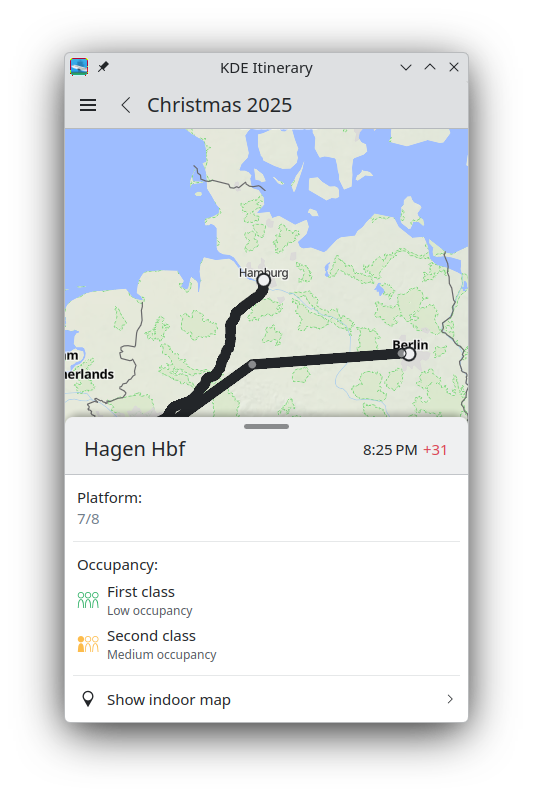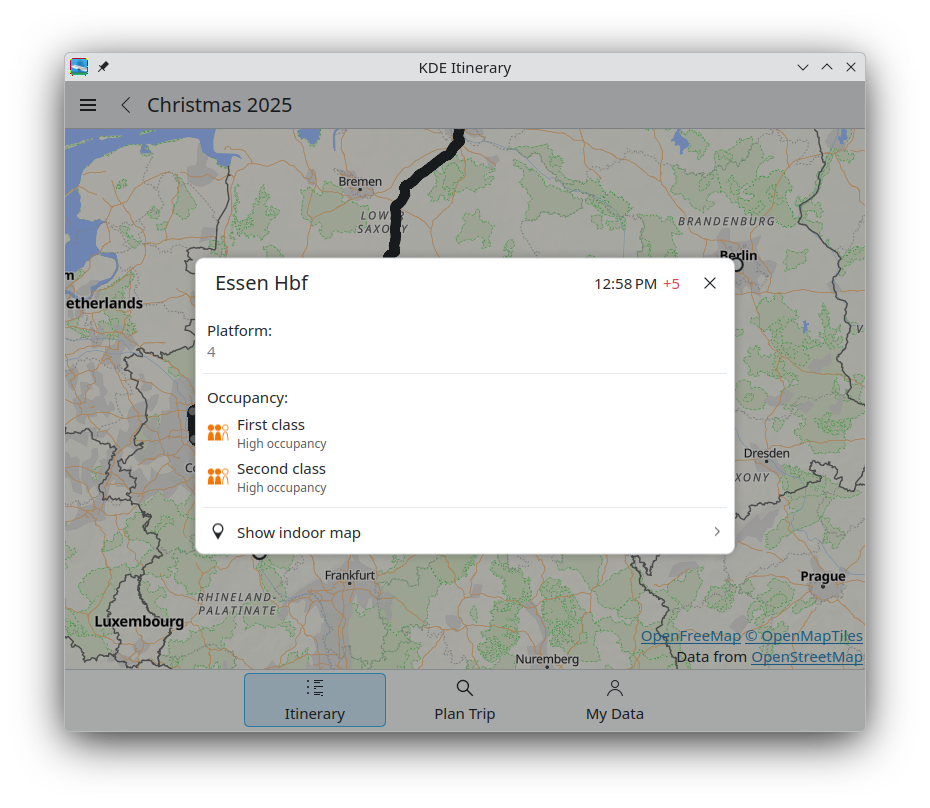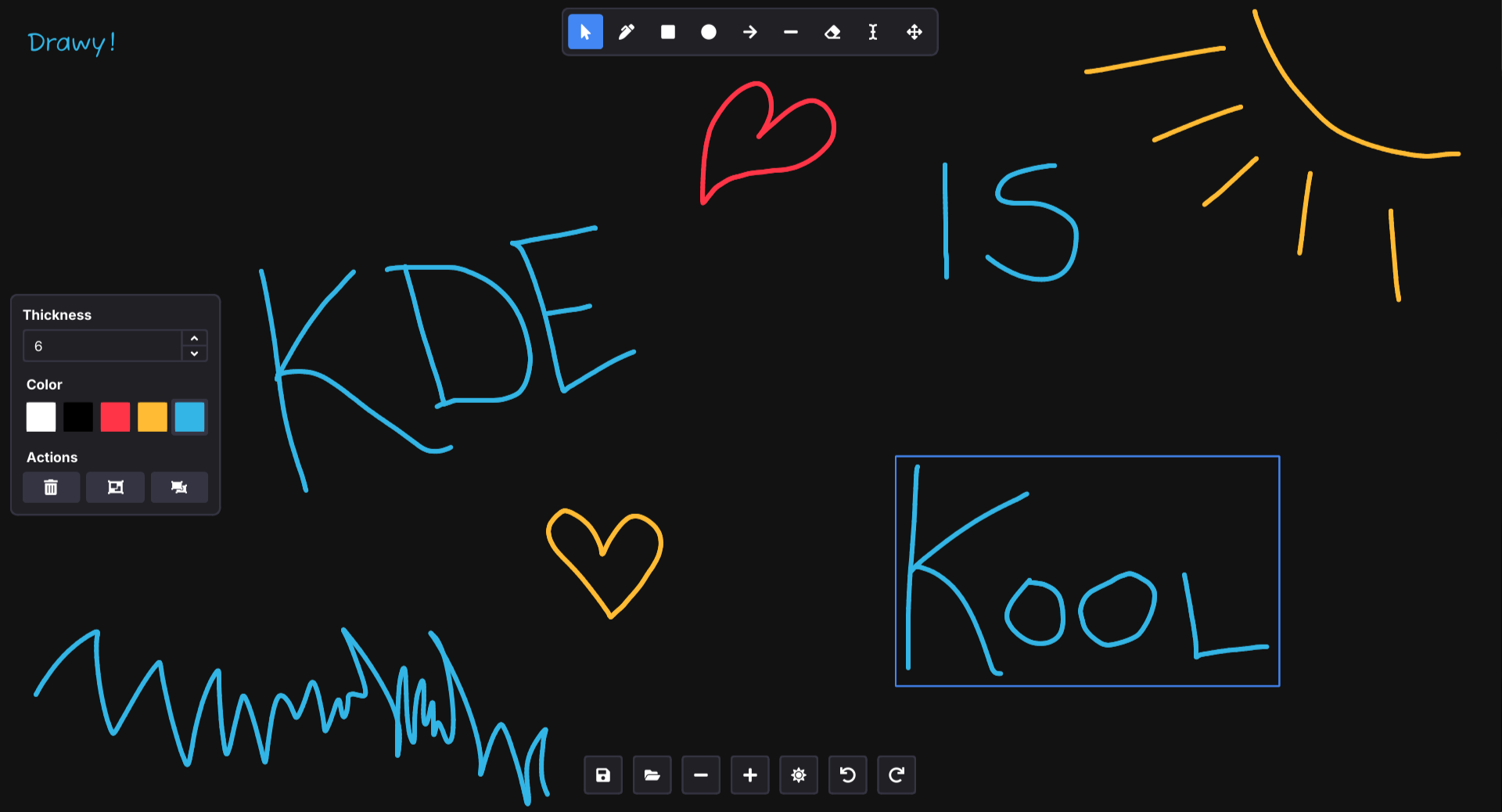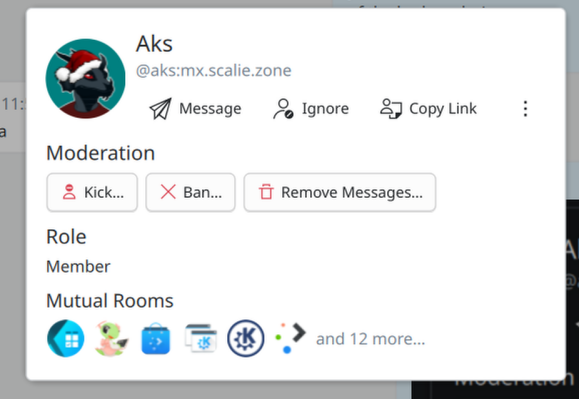Saturday, 10 January 2026
A surprising long time passed since my last status update about KJournald. So it’s time again to shed some light on the recent changes.
KJournald is a KDE project that provides graphical browsing UI for journald log databases. For those who never heard the term “journald”, journald is the system logging service of systemd and it is found in most modern Linux systems. This means, in the journald databases one can find all the system log messages about important incidents happening on a system, which make it very important for system admins but also for all technical users who want to analyze when something is not working correctly on their systems.
The kjournald-browser provides a Qt and Kirigami based UI to efficiently browse and filter those logs (note: there exist different tools for that, even systemd provides its own command line tool “journalctl”). The focus of kjournald-browser are the following use cases:
- ease filtering of log messages in order to efficiently reduce huge logs to sizes that a human can analyze
- ease analysis of interactions of different processes / systemd units by colorizing and other graphical helps
- provide a simple but powerfull UI/UX that focuses on log analysis
- support access for local, collected and remote journald logs (and do this only for journald)
Since my last blog post, the kjournald-browser application became part of the regular KDE gear releases and nowadays is packages by e.g. Fedora and Suse; unfortunately, it is still not packaged on Debian or Ubuntu yet — if you want to do it and need support please reach out to me! At the moment, also the packaging as Flatpak application on Flathub is ongoing. But already since a long time though, the KDE Flatpak nightly builds provide the latest state of the app.

With the last major release 25.12.0, a few new cool features were added:
- systemd differentiates between system service and user service and log messages are split. With the last release User Journals can be accessed in addition to System Journals.
- The search bar was reworked (more compact UI, additional case-insensitive search)) and now a history of recent search subjects is stored for faster access.
- KJournald-browser can not only used to load the log files from the local system but also to access arbitrary journald databases (e.g. collected from embedded devices for post-mortem analysis or from servers). For this loading mechanism, an improved UI database loading errors feedback is now available the validates access to loaded files.
One feature was slightly too late for this release, but is already ready for the next:
- systemd provides the feature to use service templates, which means that every service instance has its own ID. Especially for user services that is a much used feature and this clutters the UI much. A new service grouping feature allows to group service logs by template name (this is also the default, but behavior can be selected in UI).
Since 2026 is still young, there are a few features on the roadmap of this year. The two most important ones in my opinion are:
- adding access to the journald remote access protocol, which will be important to live-monitor servers or embedded devices that have a systemd-journal-remote service running
- introduce pre-filtering of processes and units for the selected boot id, which will improve usability for very long journals
 CoLa
CoLa
 @sgmoore:kde.org
@sgmoore:kde.org
 KDE
KDE Donate
Donate
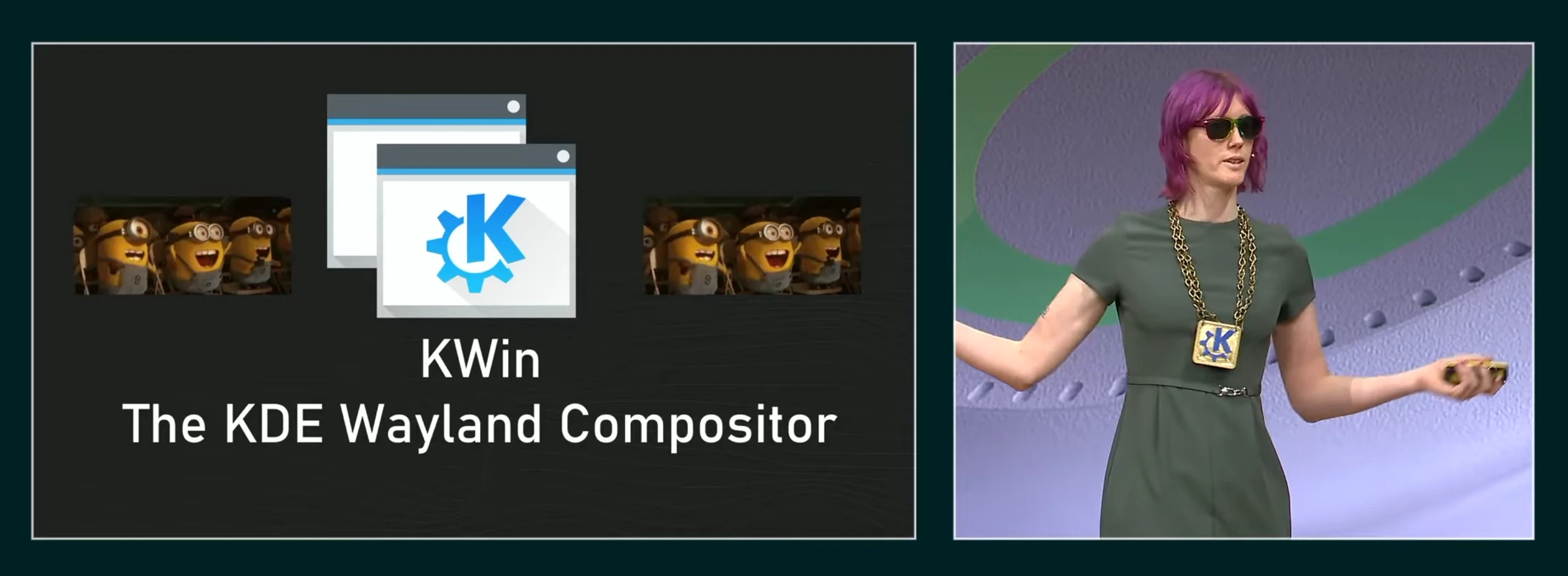
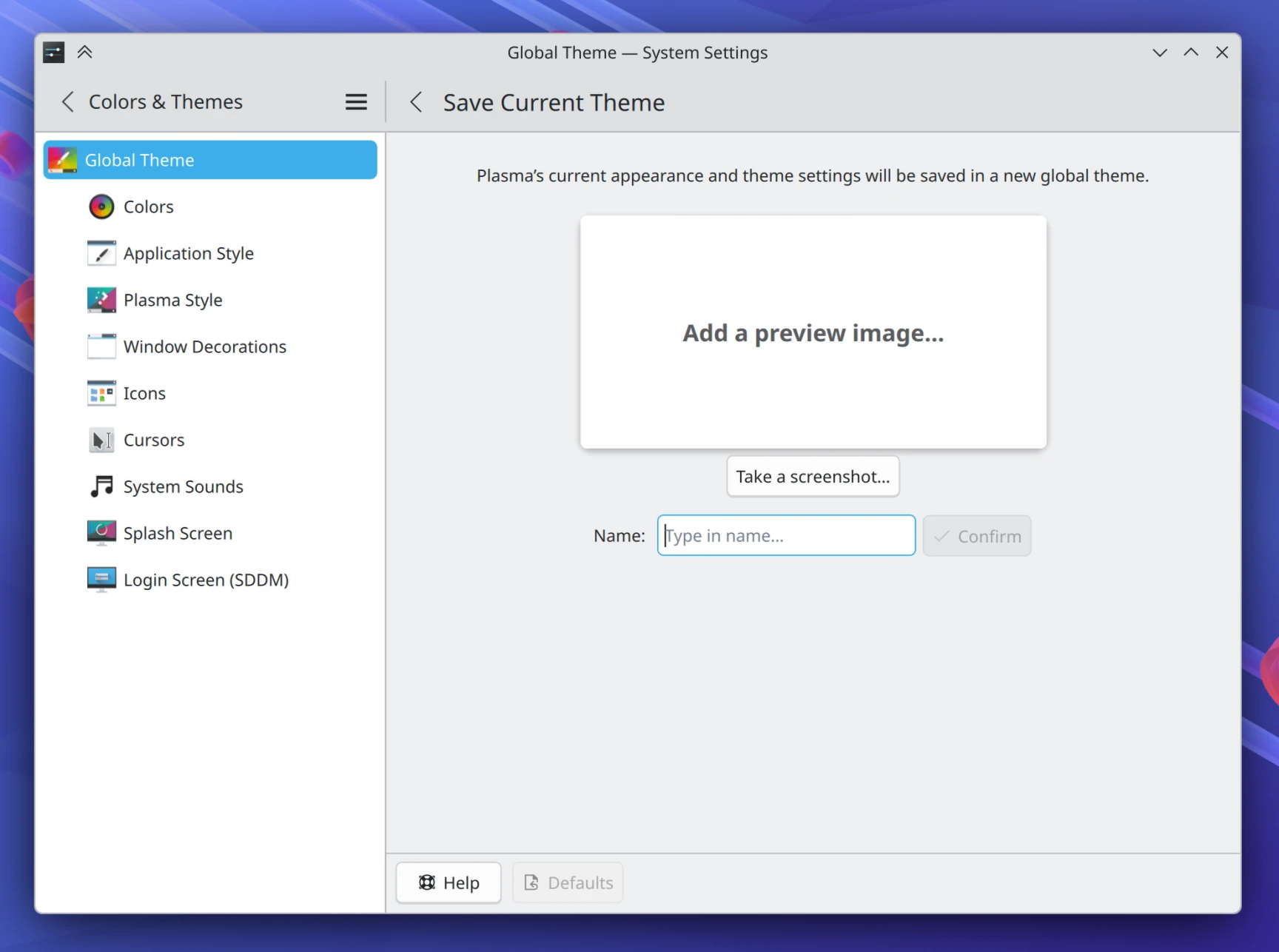
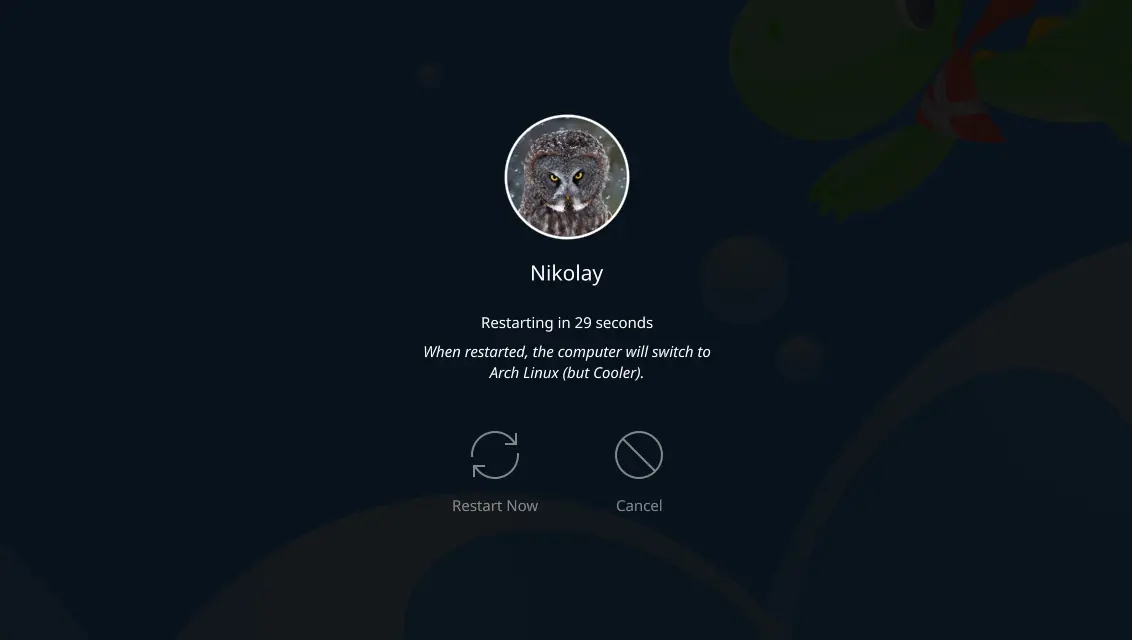
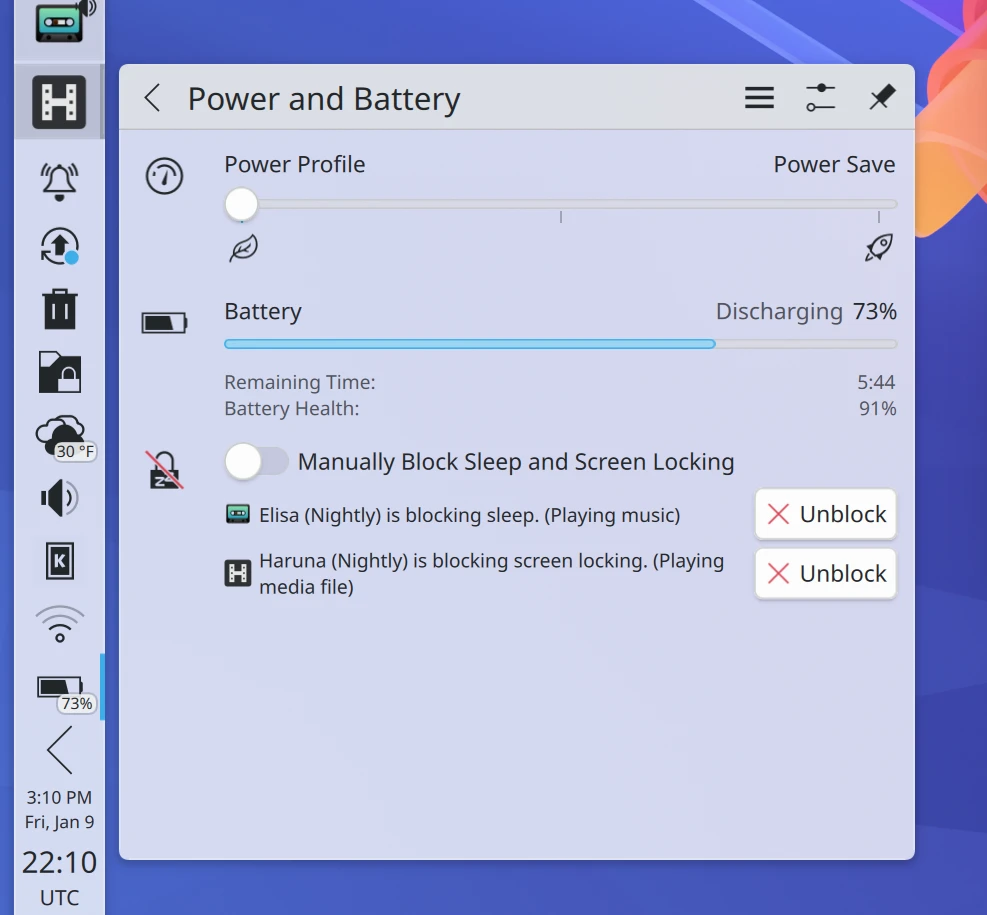
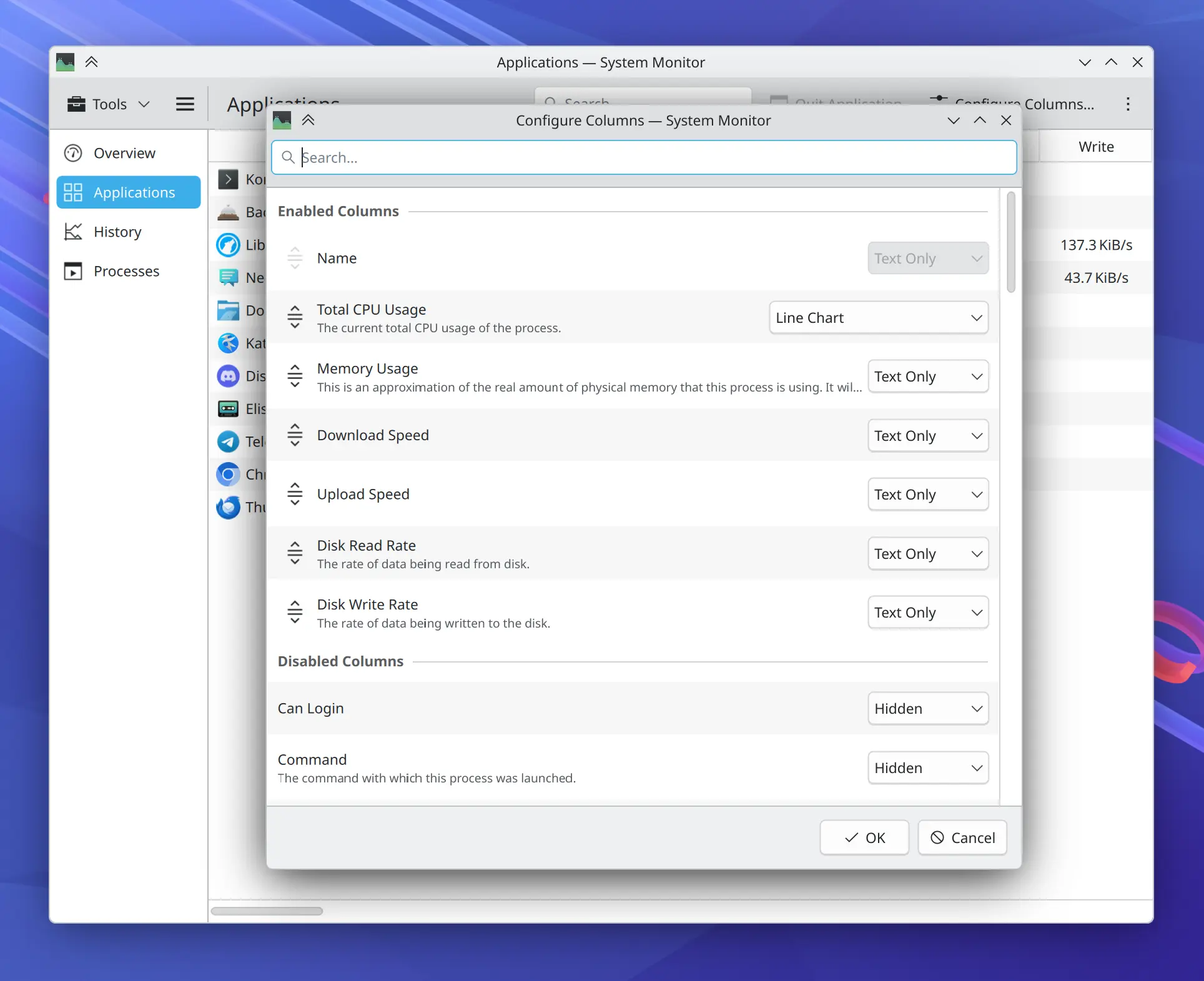
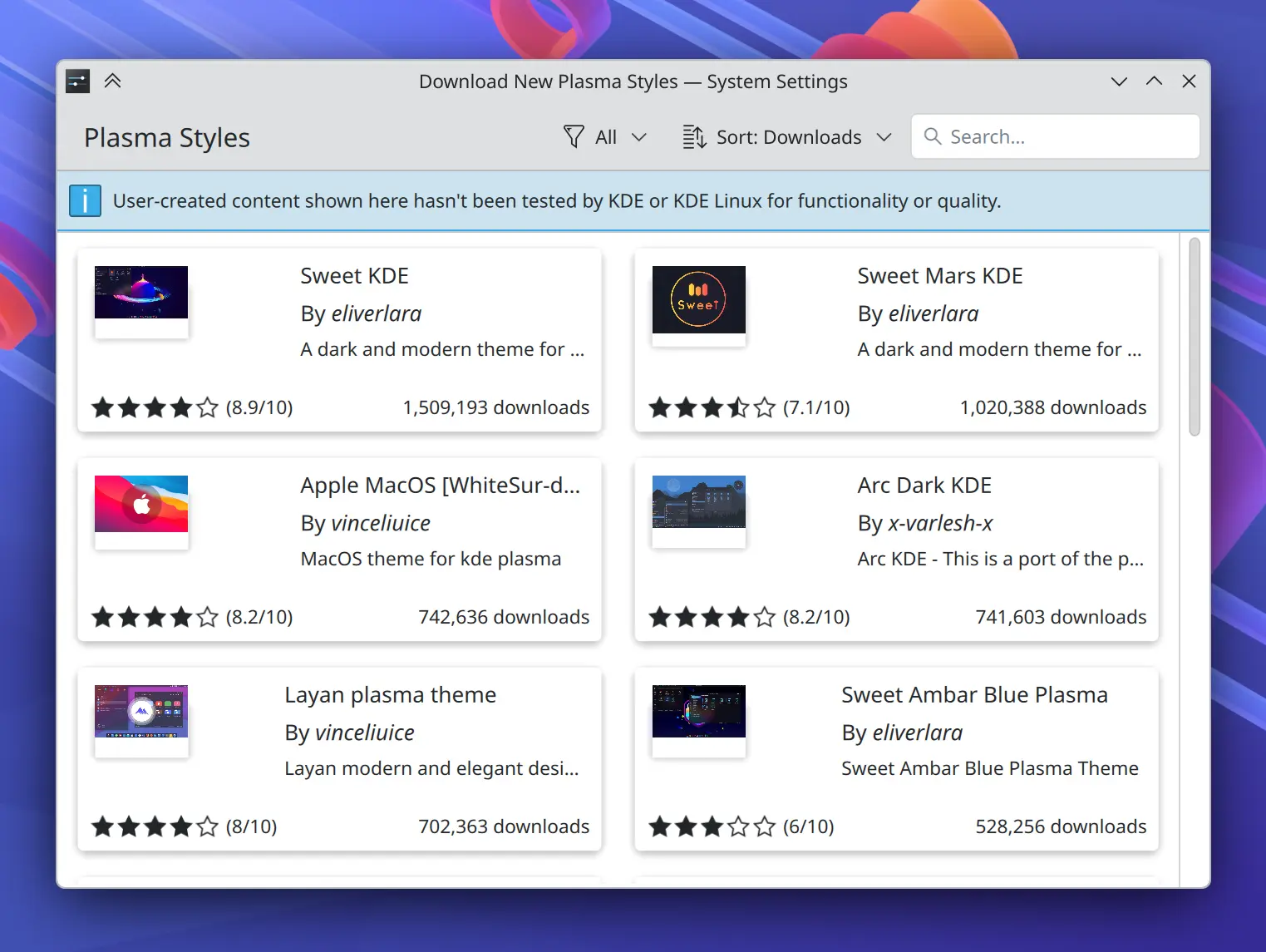

 obiwan_kennedy
obiwan_kennedy

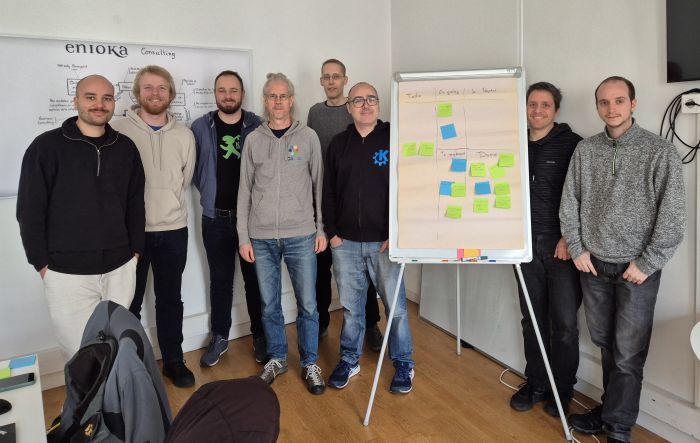
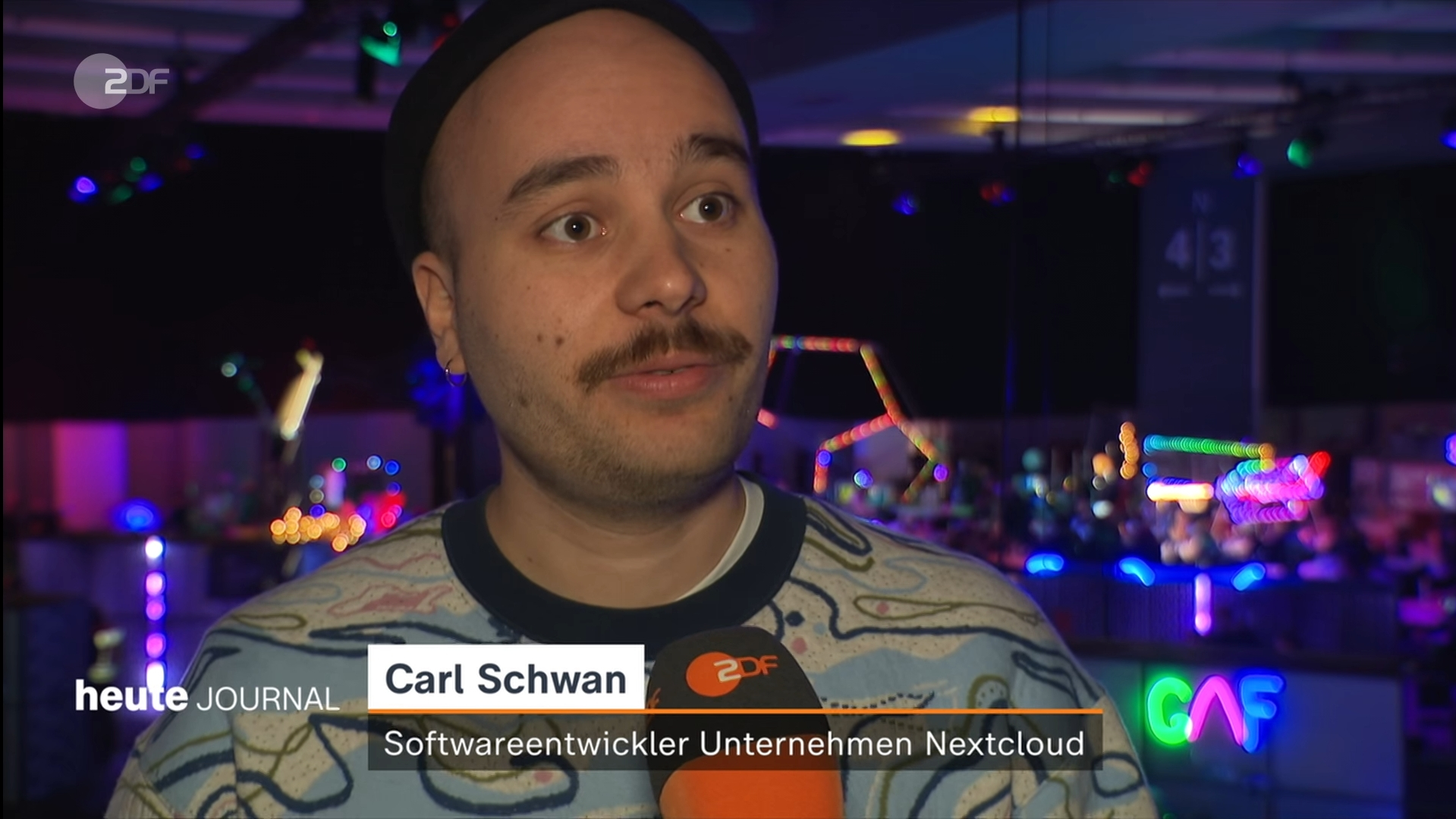

 With the start of the new year, I am very happy to announce the release of version
With the start of the new year, I am very happy to announce the release of version 

